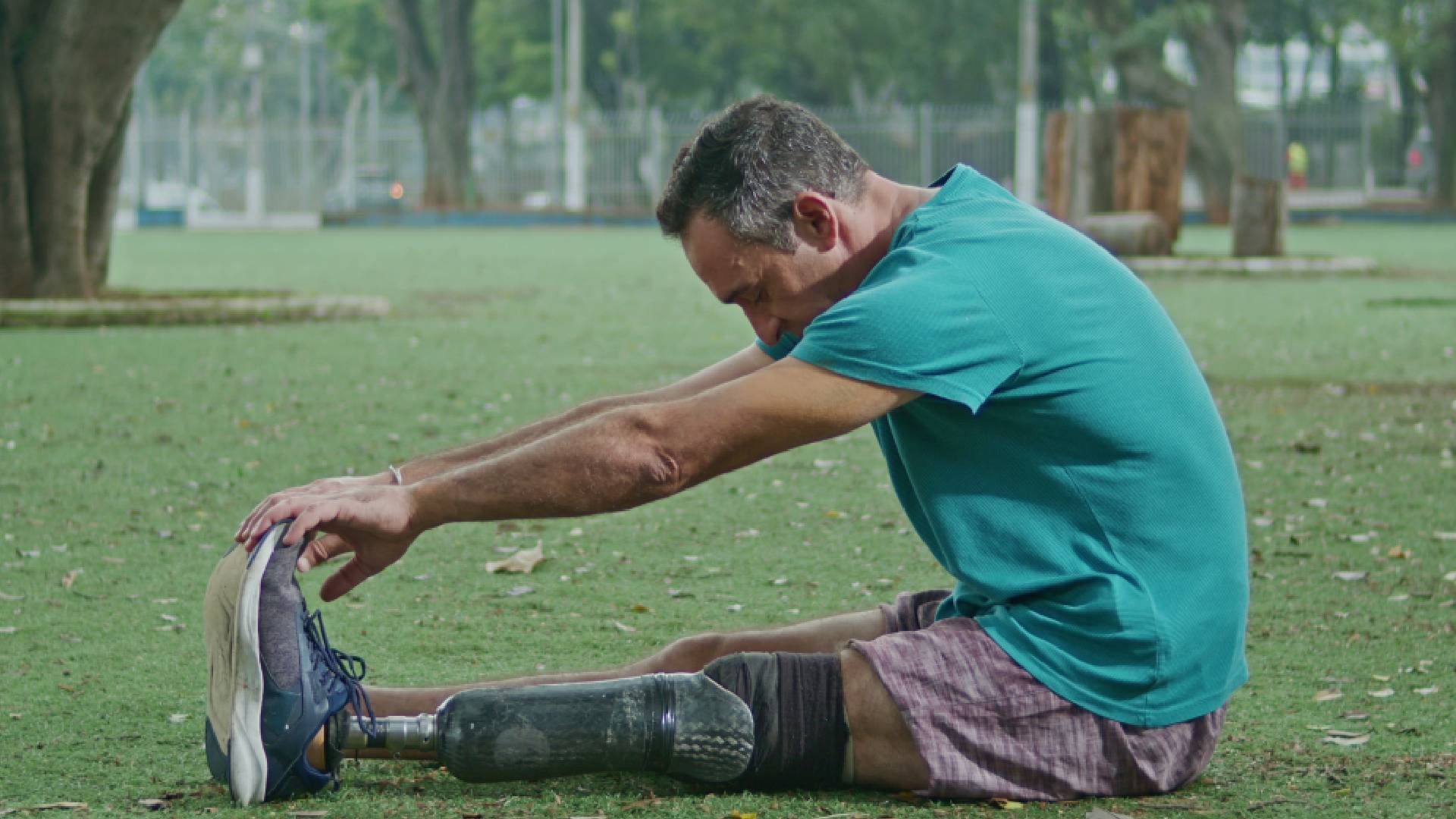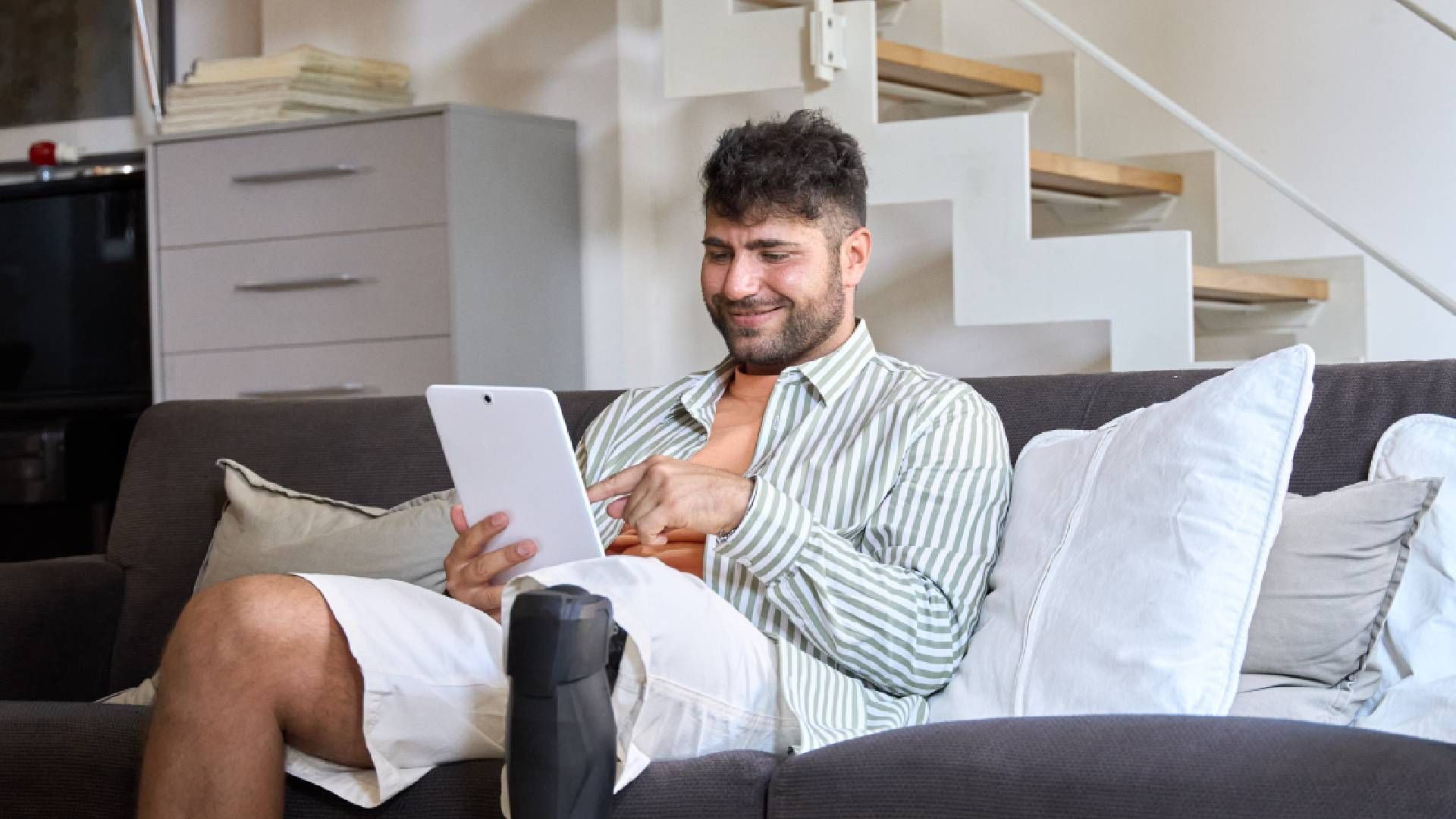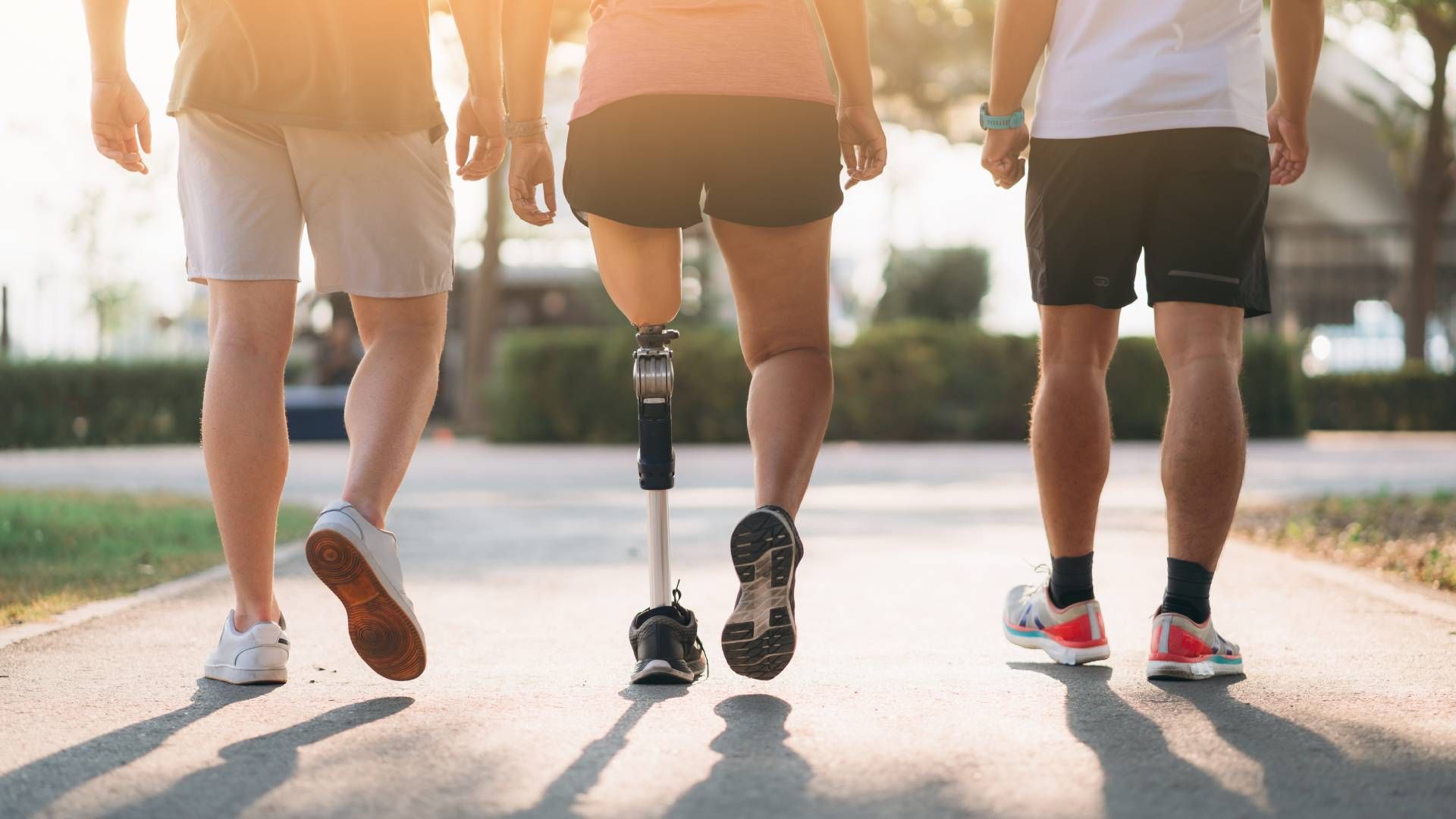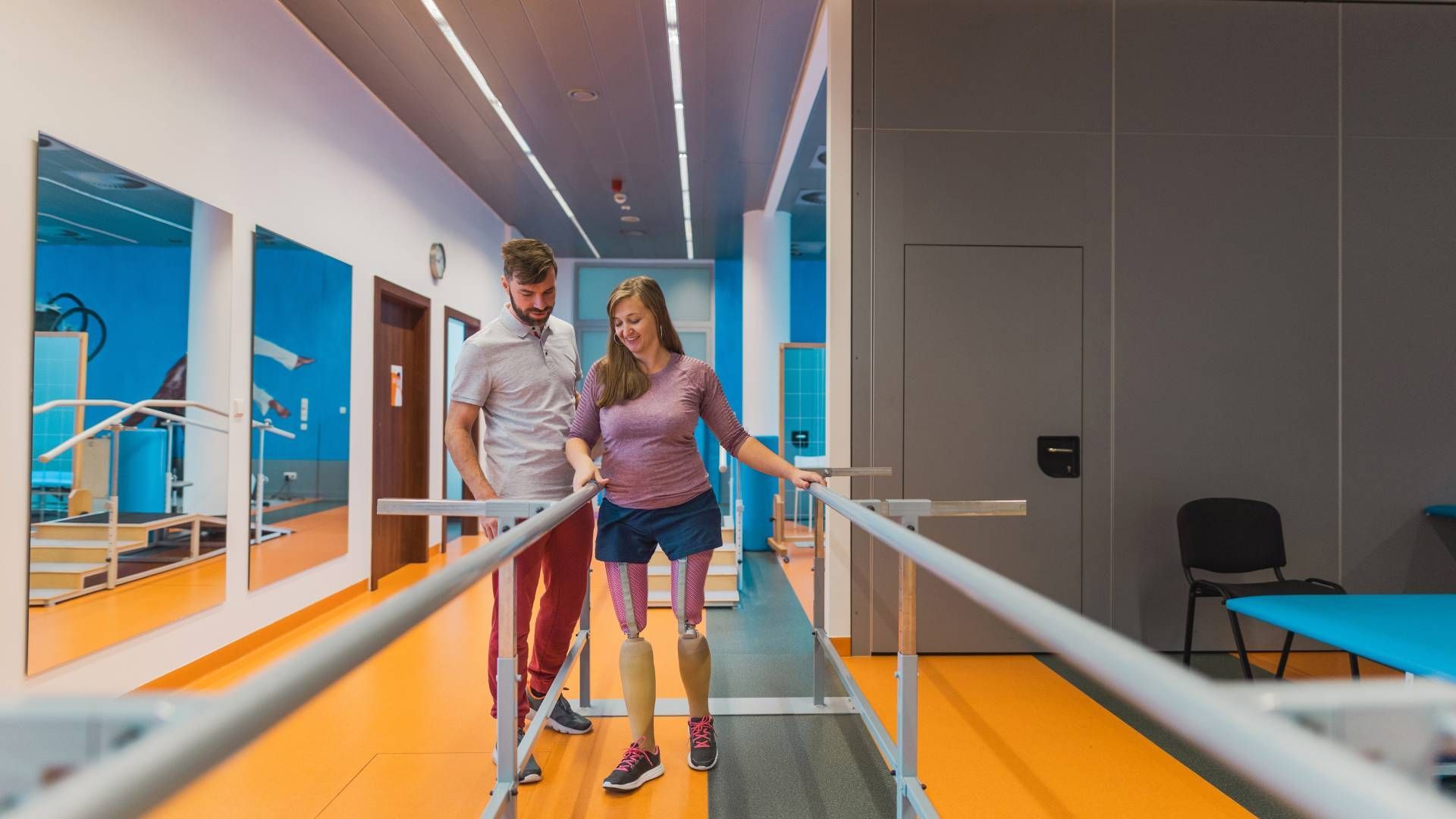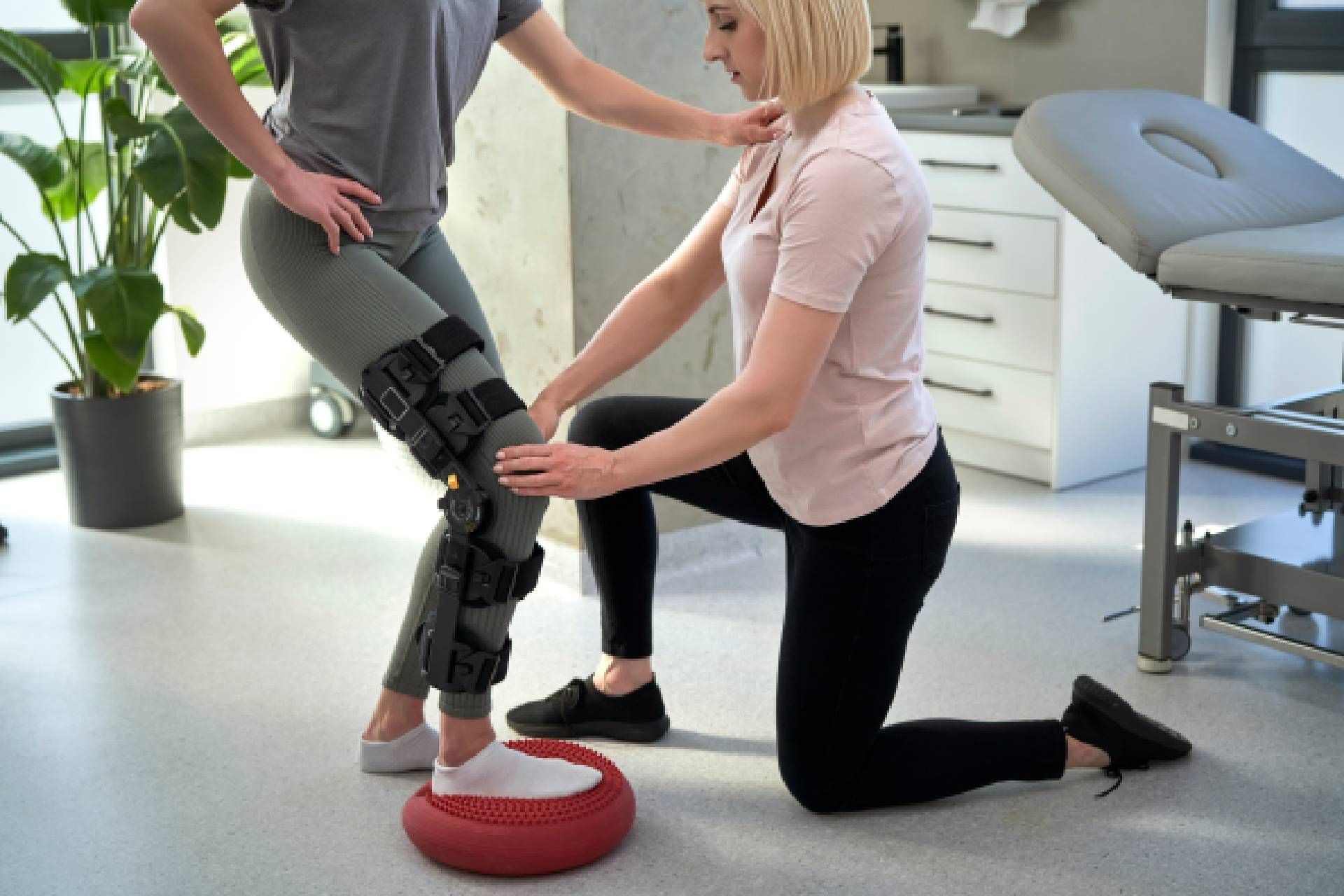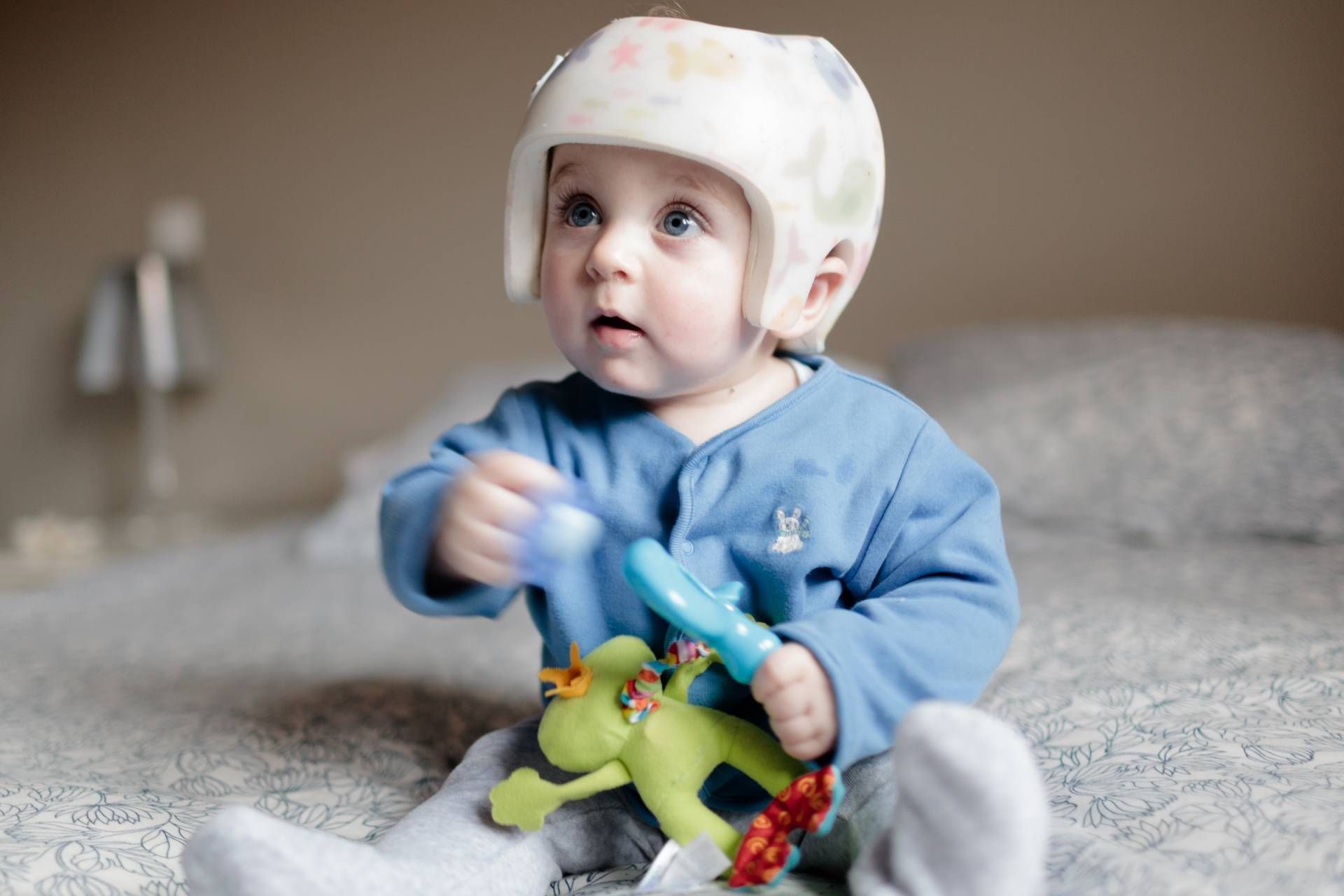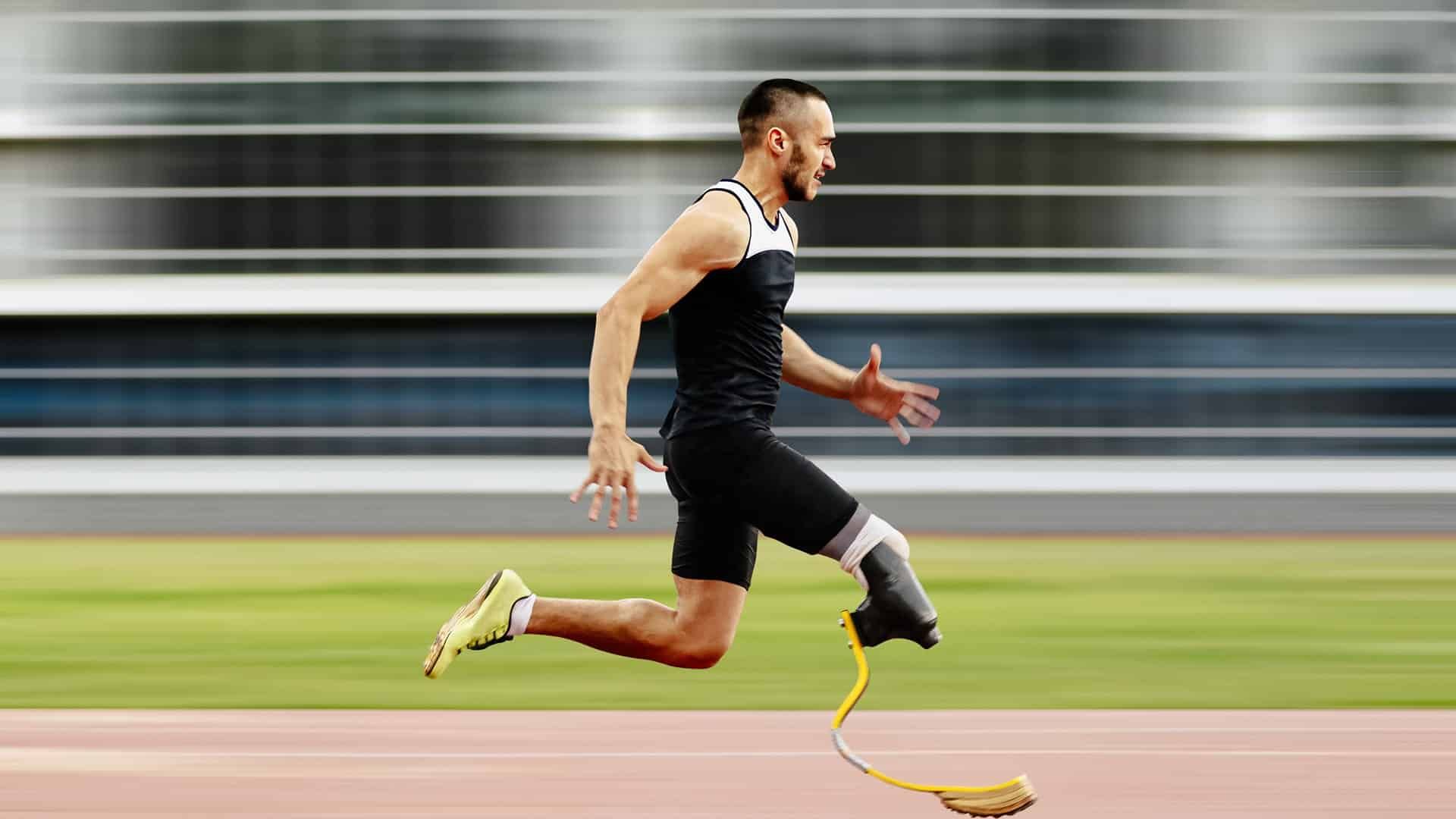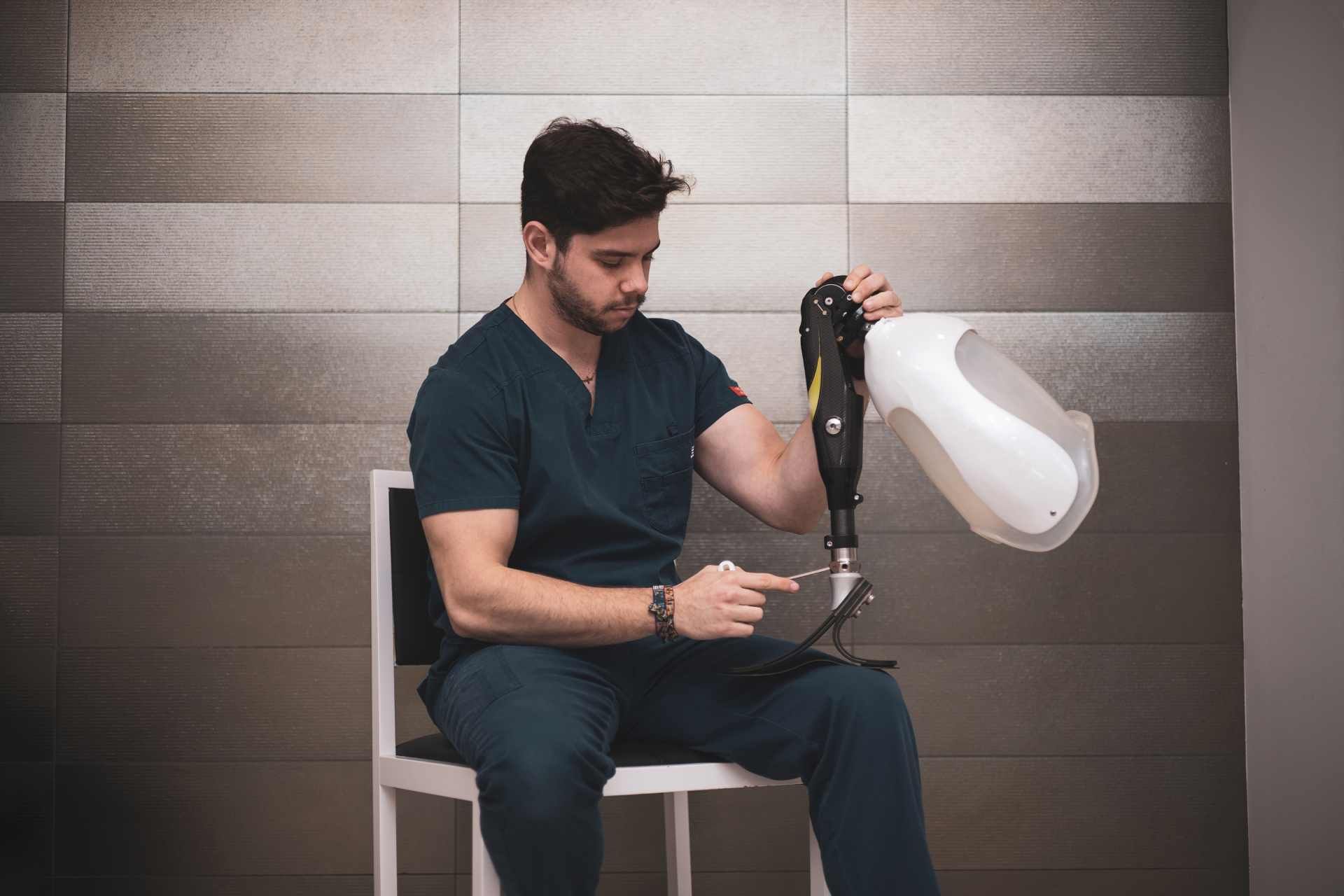Getting a new prosthesis isn’t a one-and-done thing; it’s an ongoing process that takes a lot of time and effort. Family members, friends and caregivers can be a great source of support for a loved one who has suffered limb loss and requires a new prosthesis. This includes supporting their physical rehabilitation, cognitive adaptation, and emotional recovery. Below are three tips for supporting a loved one who has a new prosthetic device and what you can do to help them on their journey.

- Learn About the Process: The first step in being a supportive family member or friend for someone with a new prosthesis is self-education. This includes seeking out information about limb loss, different prosthetic devices, rehabilitation, and the emotional impact of losing a limb suddenly or unexpectedly. Obtaining a new prosthesis does not happen overnight, and if you better understand this process, it will help you establish more realistic expectations and provide more effective and meaningful support. It is also important to understand that it’s not just the amputee on this journey. The amputee's support network also goes through their own journey, so be mindful of your own needs, feelings, and abilities. By taking the first step to better understand limb loss, prosthetics, and the individual journey, you strengthen your ability to be an effective ally in their lives.
- Offer Practical Help and Encouragement, Not Pity or False Platitudes: If you are unsure what to say or do for someone who has recently lost a limb or gotten a new prosthesis, keep these two words in mind: encouragement and empowerment. Try to avoid false platitudes or expressions that are meant to be supportive, but that may come off as patronizing such as “You’re such an inspiration!” or “You’re so brave, I don’t know what I’d do.” You will also want to avoid statements that minimize or hamper their recovery, such as “Don’t strain yourself, let me get that” or “Here, I’ll do it for you.” This may seem like help, but it does not empower your loved one to achieve independence. Getting used to a new prosthesis takes time and can be a struggle, but it’s important for your loved one to work through the process so they can relearn how to perform the task with their prosthetic limb. Your words and actions can support the process if you remember to be encouraging and empowering.
- Have Resources Ready: No one is an island unto themselves, especially when so many people and resources are available in the prosthetics field. There are knowledgeable professionals, organizations, and support groups across the country for those adjusting to life with a new prosthesis, along with a rich library of digital resources that are available online. Utilize both to establish a network of resources for the varied but specific challenges your loved one may face with a new prosthesis, from financial questions to emotional support.
Kenney Orthopedics has multiple locations across Kentucky, North Carolina, and Indiana offering top-of-the-line prosthetic and orthotic care. Patient resources at Kenney Orthopedics include in-person care, walking schools, and peer mentor programs. Contact Kenney Orthopedics today to make them part of your network of resources for new prosthesis users and their support systems. Kenney Orthopedics has offices across Lexington, KY; Louisville, KY; Indianapolis, IN; and Charlotte, NC.


